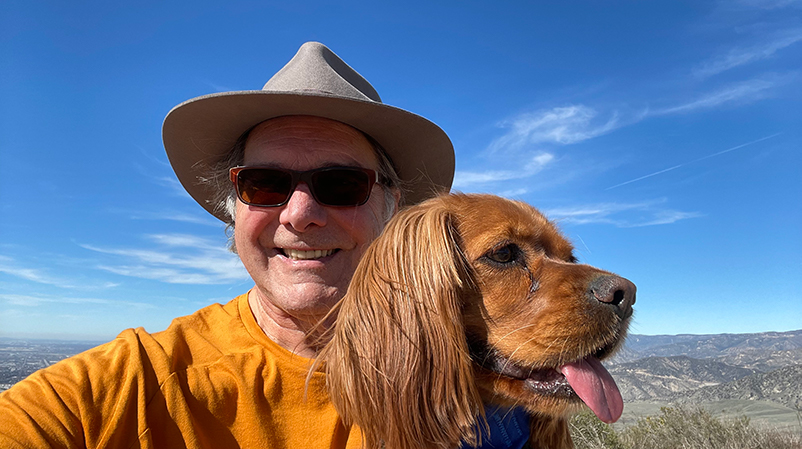Penn State requires all graduate students to complete formal training in the responsible conduct of research. One way to fulfill the requirement is to complete the free, non-credit, 12-hour workshop entitled Responsible Scholarship and Professional Practice. Another way - GEOG 581: Spatial Data Science Ethics - is a 3-credit graduate seminar recommended for students who wish to study professional ethics in greater depth.
Introduction
Penn State Online Geospatial Education students may fulfill the University’s Scholarship and Research Integrity mandate by taking the Responsible Scholarship & Professional Practice (RSPP) workshop. Students may also fulfill this mandate by enrolling in Geography 581.
This two-week, online, non-credit workshop involves approximately twelve hours of student activity (online training, reading and case study analysis). The workshop is offered three times per year in May, August, and November. Students are not charged any extra tuition or fees to participate in RSPP.
About the Workshop
The Responsible Scholarship & Professional Practice (RSPP) workshop involves approximately twelve hours of instructor-led student activity. Activities include online (CITI) training in the responsible conduct of research, online discussions, readings, and formal analysis of geospatial ethics case studies. Students who successfully complete the RSPP workshop will be prepared to:
- Practice academic integrity and responsible conduct of research;
- Demonstrate ability to write English prose at a graduate level;
- Demonstrate moral reasoning skills through methodical analysis of ethical case studies; and
- Demonstrate familiarity with and understanding of pertinent ethical codes and rules of conduct.
Assignments and Grading: Student performance in RSPP is evaluated on a pass/fail basis. Students pass by completing assignments thoroughly and on schedule. Because students neither register officially nor pay tuition, the workshop does not appear on students' Penn State transcripts. Instead, the Online Geospatial Education program team reports student outcomes directly to the SARI program in the Office of the Vice President for Research, which audits every student's compliance prior to graduation.
Scheduling
The RSPP workshop is offered three times annually, in May, August, and November. Graduate students will be scheduled to a future workshop, or to the GEOG 581 Seminar, during their graduate program Entrance Interview.
About the Workshop Instructor

David DiBiase (pictured with his cocker spaniel "Teo") has been a leading contributor to GIS ethics education for 30 years. In 1991, as founding editor of the journal Cartographic Perspectives, David published J.B Harley's commentary "Can There Be a Cartographic Ethics?" following Harley's "Coffee Hour" presentation at Penn State's Department of Geography. Later he co-led a "virtual seminar” on ethics in GIS for the University Consortium on Geographic Information Science. That led to a National Science Foundation grant to develop the ethics case studies that students learn to analyze in the RSPP workshop, and in GEOG 581: Spatial Data Science Ethics. In 2022, David and Online Geospatial Education director Anthony Robinson coauthored "Can There Be A Spatial Data Science Ethics?" - an homage to Harley's seminal contributions.
Student Comments
"This workshop exposed me to topics I hadn’t thought of before. It was done in a short format, with just enough work to learn the necessary information without being a burden."
"I thought this was a very good workshop! Unlike the usual, very dry code of conduct courses I’ve taken before, this really explored different perspectives and interesting scenarios."
"I felt like I had a decent understanding of ethics going into the course but after working through the CITI training as well as the case study, I realize I didn't know much at all. I now have a more complete idea of ethics in the GIS profession..."
Join us in the graduate seminar GEOG 581: Spatial Data Science Ethics, or in the Responsible Scholarship and Professional Practiceworkshop.